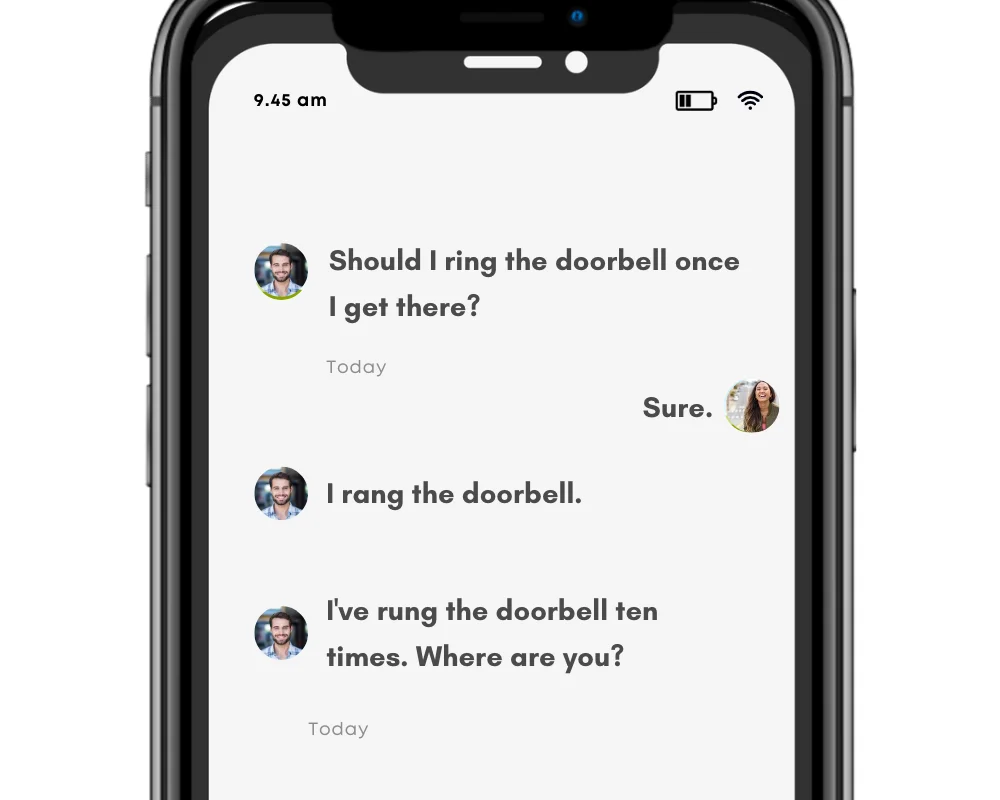
Canva.
What's the past tense of "ring"?
The simple past tense of ring is rang, and the past participle is rung. Use rang for simple past and rung with auxiliary verbs like "have" or "had".
Definition of ring
As a verb, to ring means something "sounds resonantly or sonorously"—for example: the doorbell rang. Colloquially, it can also mean to phone or call someone: I'll ring you later means "call you later". This is different from its use as a noun (a piece of jewelry you wear on your finger, like an engagement ring).
- The past tense of ring is rang.
- The past participle of ring is rung.
Verb forms of 'ring'
Is "ring" a regular or irregular verb?
The verb ring is irregular. Its past tense and past participle forms are rang and rung, not "ringed." This follows a pattern similar to other English verbs like sing/sang/sung and drink/drank/drunk.
When to use rang vs. rung
The doorbell rang just now.
She had rung the doorbell twice before someone finally opened it.
The verb ring uses different forms for simple past tense and present or past perfect), it requires an auxiliary verb like have, has, or had. The simple past doesn't use a helper verb since it's a complete tense, so rang can stand alone in sentences, whereas participles require an auxiliary verb.
Similar irregular verbs
Note: Not all verbs that rhyme with "ring" follow this pattern. For example, "bring" and "sting" become "brought" and "stung" in both simple past and past participle forms.
Sentence examples: ring, rang, rung
• Just ring for the nurse if you need her!
• I'm just waiting for the phone to ring.
• Will you answer the telephone if it starts ringing?
• His phone rang as he reached for a dumbbell.
• The phone rang ten times before Lisa gave up.
• The church bells rang.
• She realized the doorbell had rung not once but twice.
• The bell has rung for a long time.
FAQs
What is the simple past of "ring"?
When should I use "rung"?
Can "rung" be used alone?
How is "rang" used?
Is "ring" an irregular verb?
Sources
-
Etymology Online, "Origin of ring"
Advertisement








.webp&w=3840&q=75&dpl=dpl_13tcGbrn5BXPQFsQmuQWqib9Y3DN)